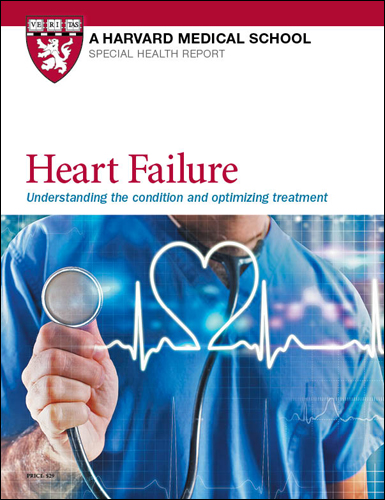Checking for heart murmurs
Ask the doctor

Q. My regular doctor detected a possible heart murmur and referred me to a cardiologist. I'm 73 and feel fine, although I've noticed that I sometimes get a little winded when I exercise. What should I expect at the cardiologist's appointment?
A. Let's start with some basic information. A heart murmur is the sound of turbulent blood flow within the heart as heard through a stethoscope. A normal heartbeat creates the familiar "lub-DUB, lub-DUB" — the sound of the heart's valves opening and closing. But if the valves aren't properly formed or are too stiff or too loose, it sounds more like a whooshing or swishing sound.
Doctors classify heart murmurs into two main categories: benign (also called innocent or functional murmurs) and abnormal (also called structural or pathologic murmurs). About one in 10 adults has a benign heart murmur, which can be detected when blood flows through the heart more quickly than normal. Exercise or anxiety can trigger this increased blood flow; so can a high fever or anemia. In adults, most abnormal murmurs are cause by an aortic or mitral valve that's not working correctly. Heart valves can either stiffen and not close or open fully (stenosis), or they may allow blood to leak in the wrong direction (regurgitation).
Some murmurs have no symptoms and are discovered by accident during a routine check-up. But depending on what's causing the murmur, people may feel weak or short of breath, or have palpitations, chest pain or tightness, or a persistent cough.
When evaluating a heart murmur, a doctor will listen to your heart from different locations on your chest and back and may ask you do things that create subtle, temporary changes in blood flow through your heart, such as inhaling, gripping your hands, sitting, squatting, standing up quickly, or lying down. Murmurs occur during different phases of the heartbeat (when the heart is either squeezing or relaxing) and may change in pitch and volume from softer to louder or vice versa.
If a murmur is detected, you'll need additional tests to determine the cause. These can include an echocardiogram (ultrasound of the heart), an electrocardiogram (which records the heart's electrical activity), and a chest x-ray. Heart valve disease, which can range from mild to severe, can't be cured with medication. Usually, people with mild to moderate valve stenosis or regurgitation get regular echocardiograms to monitor the progression of their disease. Severe cases require surgery or a minimally invasive procedure to repair or replace the faulty valve.
Image: © monkeybusinessimages/Getty Images
About the Author

Deepak L. Bhatt, M.D., M.P.H, Former Editor in Chief, Harvard Heart Letter
Disclaimer:
As a service to our readers, Harvard Health Publishing provides access to our library of archived content. Please note the date of last review or update on all articles.
No content on this site, regardless of date, should ever be used as a substitute for direct medical advice from your doctor or other qualified clinician.
















